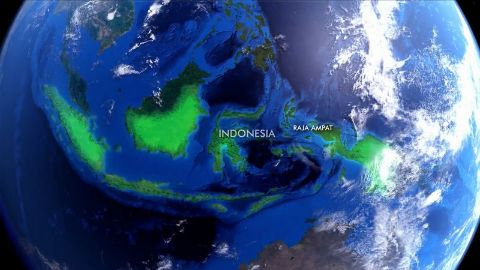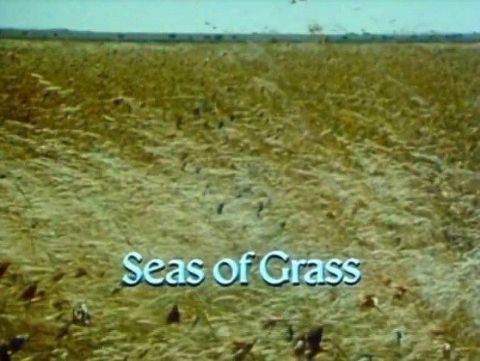Andes • 2021 • episode "S1E3" • Kingdoms of the Sky
See the extraordinary wildlife and people of the Andes. Pumas hunt guanaco, shape-shifting frogs hide in remote cloud forests and the descendants of Inca build bridges of grass. The world’s driest desert, huge salt lakes and spectacular peaks are all found in the world’s longest mountain range.
Make a donation
Buy a brother a hot coffee? Or a cold beer?
Hope you're finding these documentaries fascinating and eye-opening. It's just me, working hard behind the scenes to bring you this enriching content.
Running and maintaining a website like this takes time and resources. That's why I'm reaching out to you. If you appreciate what I do and would like to support my efforts, would you consider "buying me a coffee"?
Donation addresses
BTC: bc1q8ldskxh4x9qnddhcrgcun8rtvddeldm2a07r2v
ETH: 0x5CCAAA1afc5c5D814129d99277dDb5A979672116
With your donation through , you can show your appreciation and help me keep this project going. Every contribution, no matter how small, makes a significant impact. It goes directly towards covering server costs.








